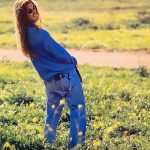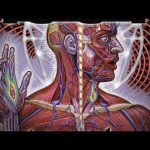Bee Gees – “Alone” (1997): A Late-Era Masterpiece of Emotion and Harmony
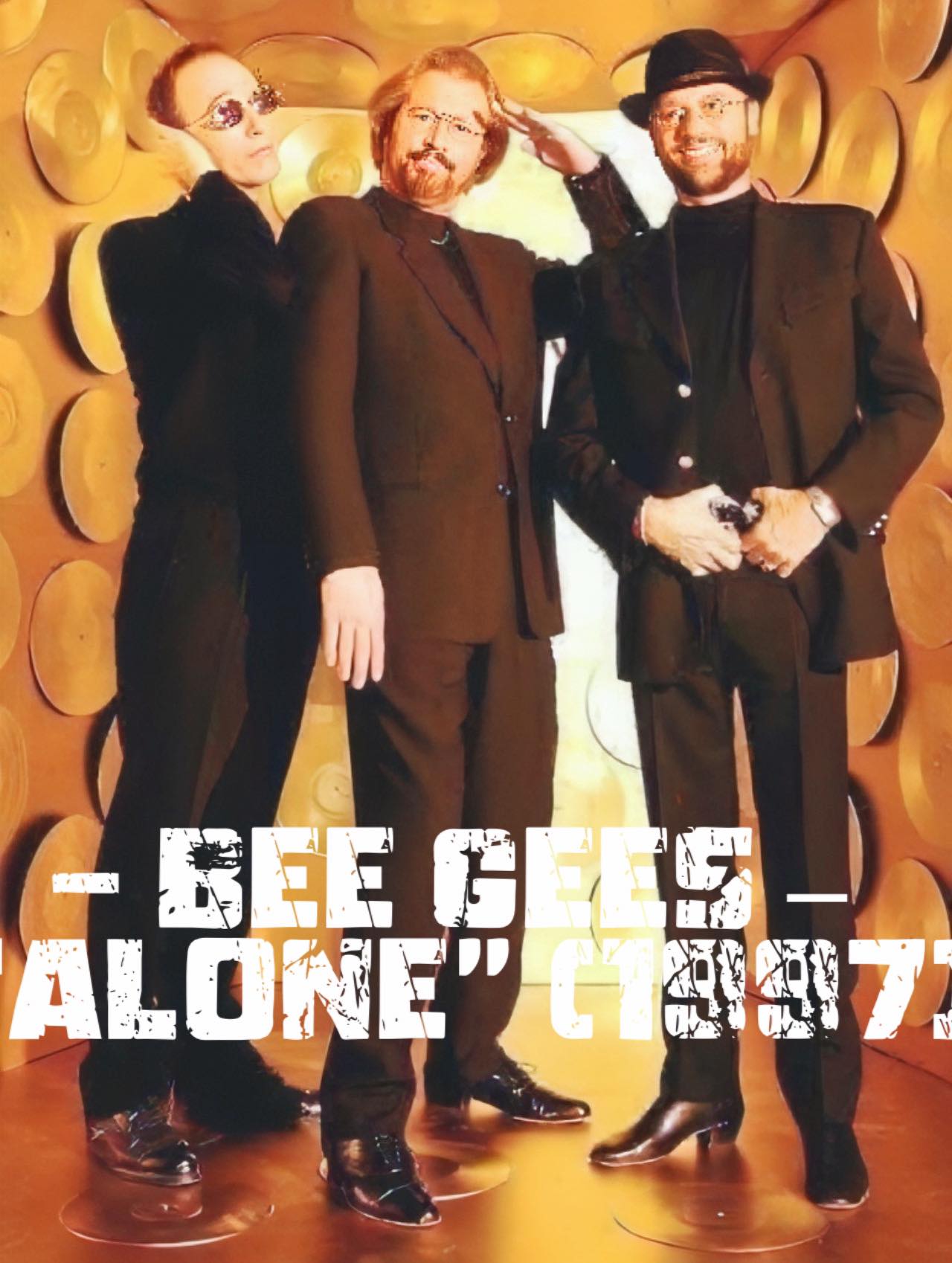
Bee Gees – “Alone” (1997): A Late-Era Masterpiece of Emotion and Harmony
Released in 1997, “Alone” stands as a powerful testament to the Bee Gees’ enduring artistry. Long past the glitzy disco nights of the ’70s, this song reveals a different side of the brothers — more mature, introspective, and emotionally resonant. It opened the Still Waters album, signaling a return not to past formulas, but to timeless songwriting infused with wisdom and soul.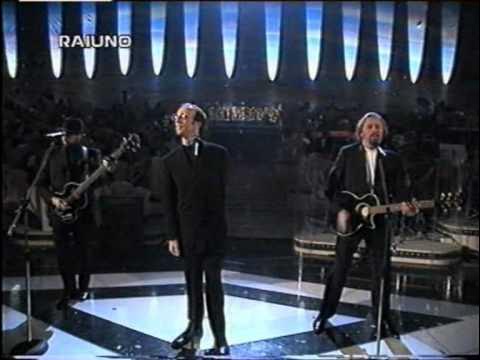
From the first notes, “Alone” strikes a chord with its haunting atmosphere. Barry Gibb’s falsetto floats above a lush arrangement, aching with vulnerability, while Robin and Maurice’s harmonies build a bittersweet emotional core. The lyrics explore themes of solitude and longing — not just romantic, but existential — capturing the quiet ache of missing someone, of needing connection in a world that often feels distant.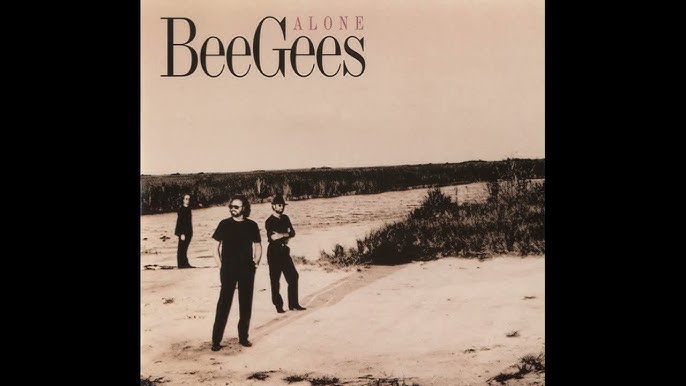
Though stylistically different from their disco anthems, the song is unmistakably Bee Gees: the harmonies, the emotional storytelling, the melodic brilliance. Yet it feels like a grown-up version of their past — wiser, softer, but no less powerful.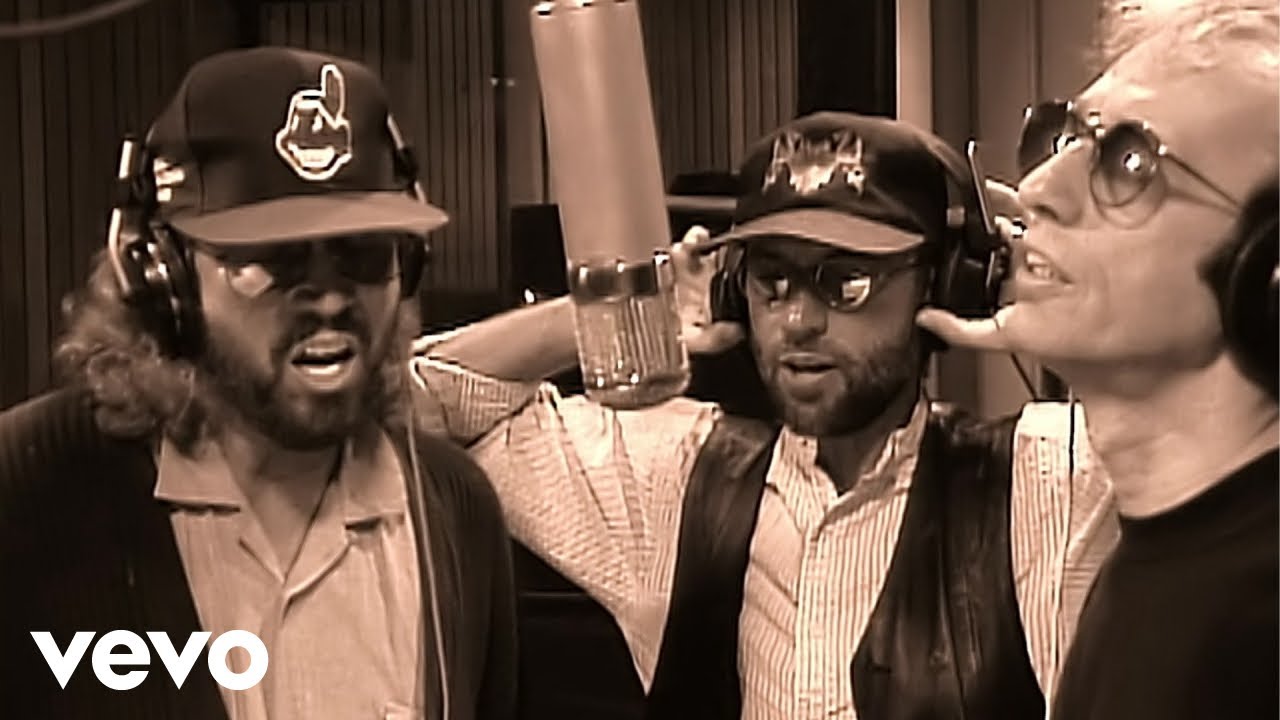
“Alone” peaked at #5 on the UK Singles Chart and reached #28 on the US Billboard Hot 100 — impressive feats for a group in their fourth decade. More importantly, it became one of the Bee Gees’ final big international hits, a reminder that their gift for crafting moving, universal songs never faded.
“Alone” isn’t just a ballad — it’s a quiet triumph. A song that proves evolution isn’t just about change, but about deepening. The Bee Gees didn’t chase the charts — they followed their hearts, and in doing so, left us with one of the most poignant songs of their career.






